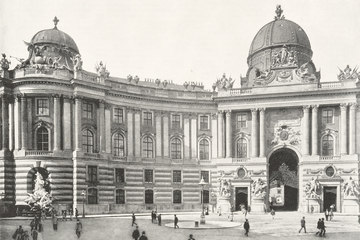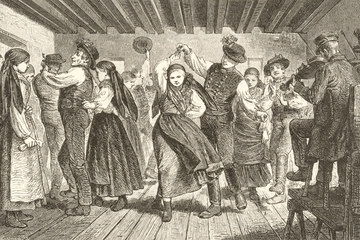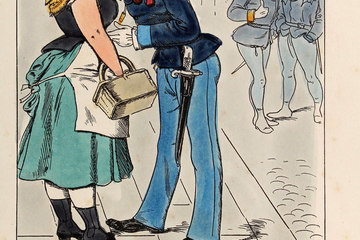To join or not to join? Austria and the process of German unification
In response to the question of national unification, many Germans considered that the logical path was for the German Confederation to be made into a federal state and then into a German nation-state. Nevertheless, the question of the role to be played by the Habsburg Monarchy was a major problem.










